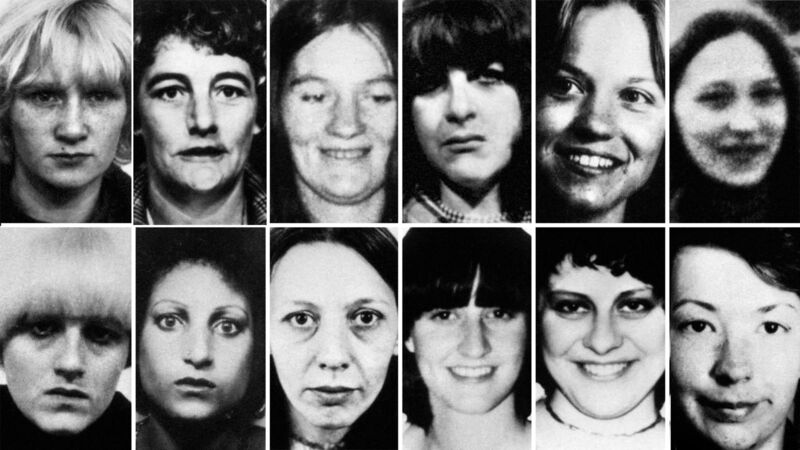Police: We care deeply for Ripper's victims

Twelve of the thirteen victims of Peter Sutcliffe, the Yorkshire Ripper. Top row (left to right) Wilma McCann, Emily Jackson, Irene Richardson, Patricia Atkinson, Jayne McDonald and Jean Jordan. Bottom row: Yvonne Pearson, Helen Rytka, Vera Millward, Josephine Whitaker, Barbara Leach and Jacqueline Hill. Pictures: PA
Retired police officers who worked on the Yorkshire Ripper inquiry have insisted they cared deeply about all the victims despite widespread criticism that misogynistic attitudes clouded the investigation.
Peter Sutcliffe, infamously known as the Yorkshire Ripper and Britain's most notorious killer of the 20th century, died in hospital today aged 74.











